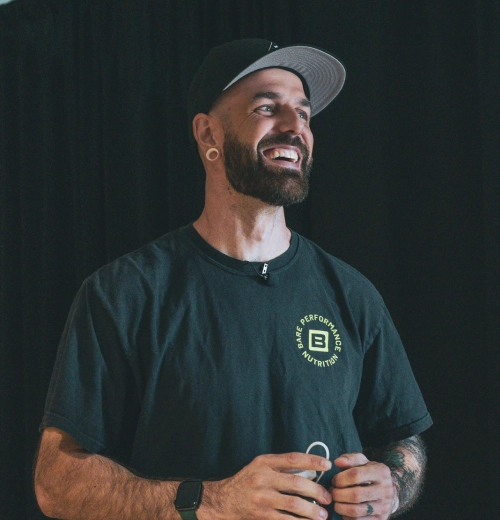Today let’s chat about ONE of the many reasons why restriction diets backfire.
There was a famous study done in the WWII days. At the time, starvation was a reality for many people around the world: The Minnesota Starvation Experiment (conducted at the University of Minnesota).
The experiment looked at the effects of caloric restriction, specifically on the physiological and psychological effects of severe dietary restriction. Participants in the study started out by eating a 3,200 calories a day diet, but were then reduced to just 1570 calories. Soon, they started losing energy and strength and reported feeling tired and lethargic. Their heart rates also started to slow considerably, sometimes to as low as 35 beats per minute, their blood volumes dropped and their hearts shrank. Emotionally, they lost interest in politics, sex, and romance, all the while becoming obsessed with food. It’s all they could think about. When they were allowed to return to normal eating, the 3,200 calories a day that satisfied them before they were restricted was no longer enough for them to feel full. It took around 4,000 for most of them to feel satiated, while some ate more than 5,000 calories a day. This trend of eating this much continued for months after the experiment and was very difficult for them to reverse.
I’m sure many people who have done a short-term, super strict diet can relate to this. You’re mentally resilient for 30 days of super clean eating, but you become obsessed with all of the delicious foods your body is craving, and the moment the challenge is over you let yourself have all those foods and sometimes let go completely. Then you start eating more, and worse foods than the pre-diet you did. Eventually you feel guilty enough to embark on a new restrictive short-term diet. And the yo-yoing begins!
So, what’s the alternative to short-term diets here?
An alternative approach to short-term diets: Small habit changes over the course of one year, the goal being to create more sustainable, lifelong change. This approach is one Precision Nutrition takes with their clients. Try this: Make a list of 12 to 24 actionable habits you’d like to develop in your life: They can be as simple as drinking a glass of water every morning when you wake up so you feel less ravenous for breakfast. Or it can involve cutting out sugar from your morning coffee, food prepping lunches for the week every Saturday or Sunday, or reducing your meals out to once a week.
The idea is to select small, actionable, measurable habits that you know will benefit your overall health, and that you can take on one or two at a time without feeling overwhelmed by massive change and severe restriction. Once you come up with 12 to 24, come up with a plan for the year. Indicate what new change or two you will adopt each month for the next 12 months. Generally, one habit a month is more manageable than two, but if they’re small and easy you might be able to tackle two at a time. Pretty soon, many of these habits will be as automatic as showering. You don’t have to convince yourself to hop in the shower or brush your teeth every day: You just do it because you know it’s good for you and probably makes you feel better, or at least cleaner.
But…. don’t expect to be perfect. Be realistic. Though you may decide to eat out just once a week, if you plan incorrectly and go to that Sunday brunch with your friends after also going out for dinner on Friday night, enjoy the meal and move on. You’ve probably forgotten to brush your teeth before, right? And you probably didn’t guilt trip yourself about it and stop brushing your teeth for a week because of it. When you make a mistake, note it, move on, and then continue making small, manageable changes each month for 12 months. Beware of hucksters selling quick fixes, they don’t work. Everything worth doing takes time. You won’t drop 20 lb. in 30 days with this approach, but by the end of the year, you might be 25 lb. lighter than you were a year ago, and will be on a path to long-long-terms lifestyle and diet change.












